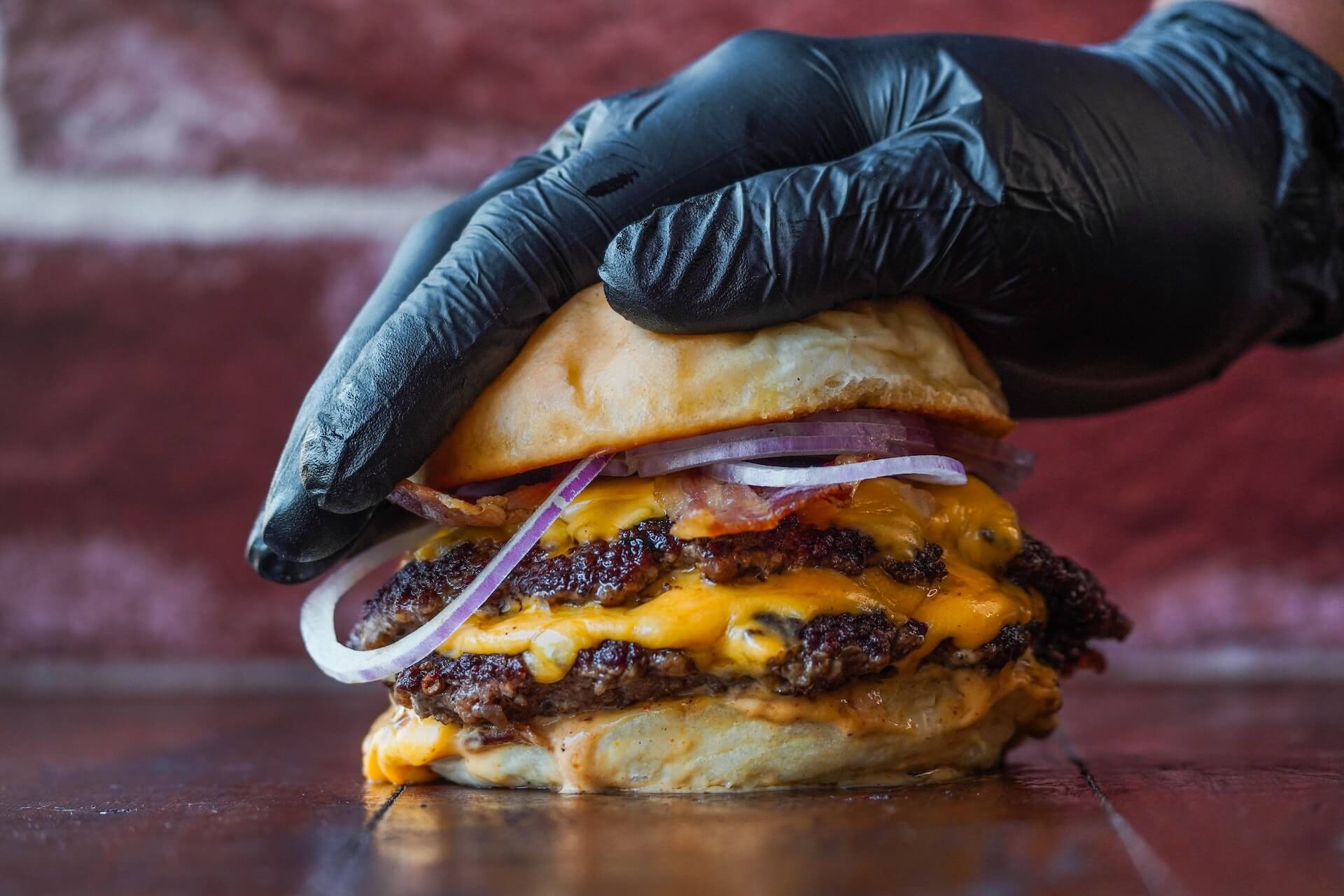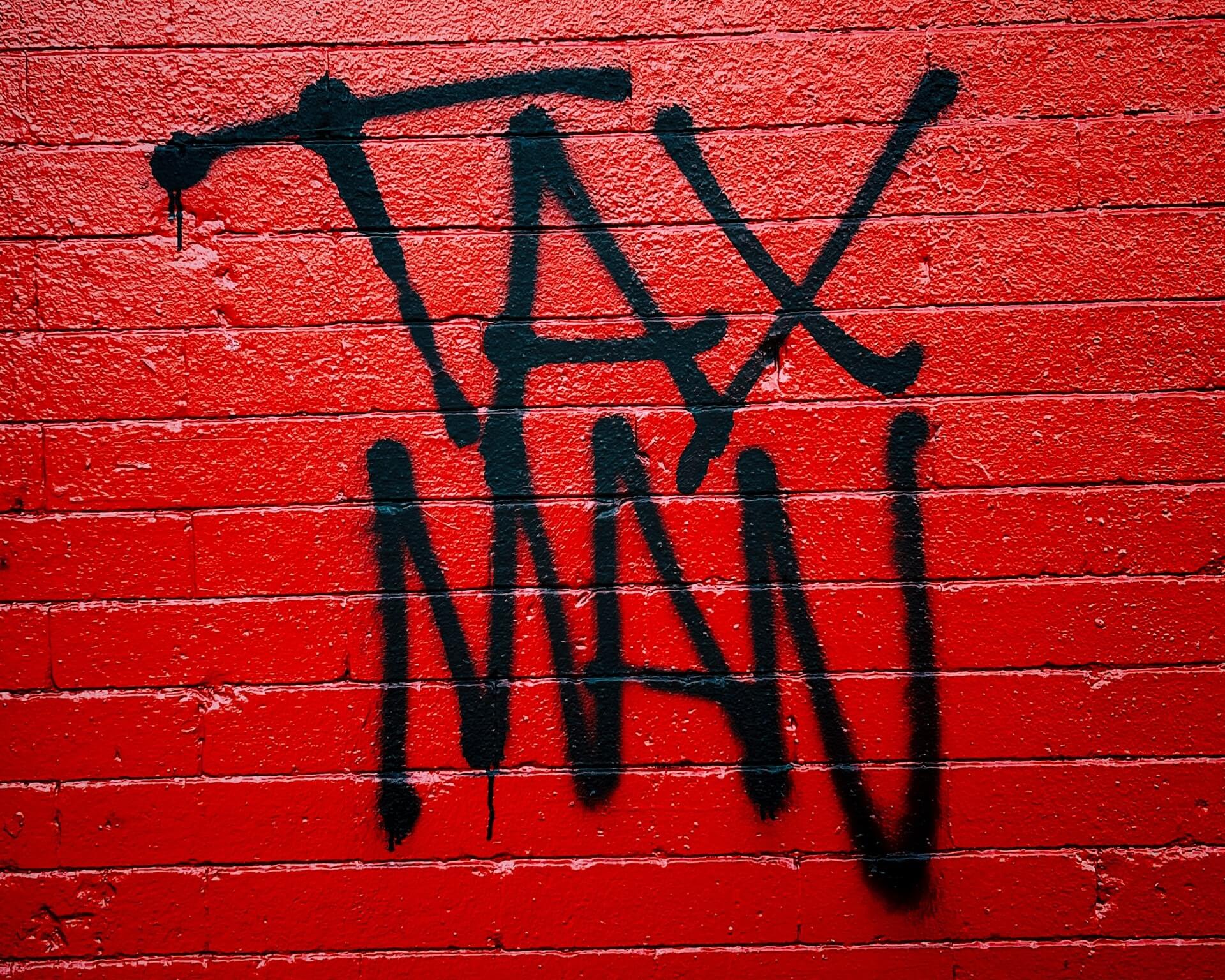A Group of Senators has Questions About ServSafe
by David Klemt

You probably shouldn’t serve a cheeseburger directly onto a table.
The National Restaurant Association and the ServSafe program are now in the crosshairs of a group of Democratic senators.
I doubt any organization or individual wants to learn that lawmakers have questions for them. For those who may not know, ServSafe isn’t just in a partnership with the National Restaurant Association—the NRA owns the program.
That’s part of why six senators, led by Sen. Elizabeth Warren (D-MA), have sent a letter to the NRA. To describe the tone of this letter in one word, I think “aggressive” is accurate.
The Opening Paragraphs of the Letter
The letter, addressed to NRA president and CEO Michelle Korsmo, can be found here on Sen. Warren’s official website.
However, I’ve included the letter in its entirety below, without the citations of the original:
We are writing in response to a recent New York Times investigation which revealed that the National Restaurant Association (“Restaurant Association” or “Association”) is using millions of dollars in fees paid by food service workers for food safety training courses to instead, “largely unbeknown to [the workers]” – help “fund a nationwide lobbying campaign” against minimum wage increases that would raise these workers’ pay. The Times report revealed that the Restaurant Association, through its ownership of ubiquitous food safety certifier ServSafe, is charging food service employees for employer- or state-mandated courses and then funneling that money into its federal and state lobbying apparatus to fight against basic worker protections like paid sick leave and a livable minimum wage.
According to the report, payments from workers to the National Restaurant Association “provid[ed] about $25 million in revenue to the restaurant industry’s lobbying arm since 2010.” The Association’s use of workers’ food safety course payments – which are mandatory in some states and required by employers in others – is particularly outrageous because workers who take the course are not adequately informed of how their payments are used, and because the National Restaurant Association has, for decades, led the fight against increases in federal, state, and local minimum wages and improved health benefits.
As you can see, Sen. Warren wastes no time making the group’s displeasure known.
The NRA “Owes Workers” an Explanation
If you haven’t read the New York Times article about ServSafe published in January of this year, click here.
The exposé is eyeopening, to say the least. Sen. Warren and her Democrat colleagues appear to be infuriated by what the New York Times revealed about their ServSafe investigation.
You owe workers an answer as to why you are secretly using their funds to lobby against their interests. We are writing to seek clarity into the Association’s rationale for forcing workers to shoulder the cost of the ServSafe courses and for using the funds it collects to fight against pro- worker policies in Congress and state legislatures across the country. ServSafe, owned and administered by the National Restaurant Association, is a food and beverage safety training and certificate program that has become a staple of the food service industry. Upon entering the food service industry, many workers must pay a roughly $15 fee to take a ServSafe course and pass a final exam to receive their certification. To maintain their certification as recognized by the Association, non-managerial employees generally must retake the course every three years, though some states and employers may require more frequent recertification. The National Restaurant Association acquired ServSafe in 2007, and then “helped lobby states to mandate the kind of training they already provided — producing a flood of paying customers.” As a result, at least four large states (Texas, Florida, California, and Illinois) require most food service employees to participate in—and pay for—“food handler” certification, as do many employers in other states.10 While there are alternatives to ServSafe, it remains the “dominant force in the market,” with one competitor noting that ServSafe may have as much as 70 percent of the market share.
What most workers do not appear to know is that the fees they pay for their ServSafe courses are used to fund a sprawling anti-worker lobbying campaign aimed at defeating measures that would improve their own economic security and well-being. ServSafe “doubles as a fund-raising arm of the National Restaurant Association — the largest lobbying group for the food-service industry.” According to tax filings reviewed by the Times, the fees ServSafe collects—ostensibly for the purpose of educating workers about proper food safety practices—have instead “provid[ed] about $25 million in revenue to the restaurant industry’s lobbying arm since 2010.” And as these fees “flowed in from the National Restaurant Association’s training programs, its overall spending on politics and lobbying more than doubled from 2007 to 2021, tax filings show.” The Association “donated to Democrats, Republicans and conservative-leaning think tanks, and sent hundreds of thousands of dollars to state restaurant associations to beef up their lobbying.
I’m curious, of course, about which politicians have received donations from the NRA. This letter is signed by Sens. Warren, Patty Murray, Jeffrey Merkley, Bernie Sanders, Edward Markey, and Peter Welch.
Have any of these senators accepted donations from the Association?
A “Secretive Fee-to-fundraising Scheme”
In this section of the letter, the group of Democrats drop some startling numbers. Additionally, the senators also attacks the Association’s ethics and tactics.
The National Restaurant Association has a lengthy track record of lobbying against federal, state, and local policy proposals to improve the lives of food service and other workers. From 2007 to 2022, the Association spent nearly $46 million on federal legislative lobbying alone. These funds, collected from food service workers across the country, were used to raise the Association’s profile as a “major force in limiting employer-provided health care benefits” and to fight against minimum wage increases. Most recently, the Association successfully fought against the Raise the Wage Act, which would increase the federal minimum wage to $15 per hour over five years and eliminate the subminimum wage of $2.13 per hour for tipped workers; and the Protecting the Right to Organize (PRO) Act, landmark pro-worker legislation that would shore up workers’ right to organize, form a union, and bargain collectively. The Association has also fought aggressively against state- and local-level minimum wage increase.
The National Restaurant Association’s secretive fee-to-fundraising scheme is particularly troublesome given the low pay and poor conditions faced by many of the workers from whom the Association is extracting the money to fund its lobbying machine. In 2018, more than 10 years into this scheme, roughly 40 percent of food service workers qualified as “low-income.” And tipped workers, who make up 98 percent of restaurant workers, are more likely to experience poverty due in part to the stagnant subminimum wage. Furthermore, people of color are disproportionately overrepresented in the food service industry: a March 2022 data brief from the National Restaurant Association itself noted that nearly half of restaurant and food service workers are people of color, compared to 38 percent in the broader labor force. Women make up more than half of the food service workforce, while immigrants make up nearly a quarter. Requiring these workers to fund advocacy for policies that keep their wages down and leave many of them in poverty is unconscionable.
The Questions
Below you’ll find the questions these senators have for the NRA concerning ServSafe.
The group of senators claims the NRA has weaponized ServSafe, referring to their actions as “underhanded and unscrupulous.”
They want answers to their questions by March 3 of this year.
-
What is the cost to the National Restaurant Association, per program participant, of running the ServSafe program? What is the source of these funds to run the program?
-
How much, in total annual revenue, did ServSafe take in in each of the last five calendar years?
-
What s the ultimate disposition of the funds collected by the National Restaurant Association as fees for ServSafe courses? Specifically, how much was spent, in each of the last five calendar years, on:a. Lobbying at the federal level;b. Lobbying at the state level; andc. State and federal campaign contributions to candidates.
-
Does the National Restaurant Association or ServSafe notify employees of how their ServSafe fees will be used?a. If so, when and how is that notification provided?b. Please provide copies of all documentation provided to ServSafe participants indicating how their fees will be used.
-
Some food service workers have alleged that the ServSafe courses are a “rudimentary and cursory overview of basic hygiene and cleanliness that would be learned in the first few minutes of any actual employment,”26 raising questions about why the National Restaurant Association charges workers for the course at all. Please provide a copy of all instructional materials and examinations used as part of the ServSafe Food Handler course.
-
In what states has the National Restaurant Association lobbied to make ServSafe certification mandatory for food service workers? In which states has the Association been successful in passing such a requirement? In which states has the Association lobbied to require ServSafe but been unsuccessful in passing such a requirement?a. How much has the Association spent in each calendar year starting in 2007 on lobbying at the state level to make ServSafe certification mandatory for food service workers?”
I think it’s fair to say that just about everyone in the industry is eager for the NRA’s answers. And also whether the ServSafe program will remain the standard moving forward.
Image: Manu Ros on Unsplash




